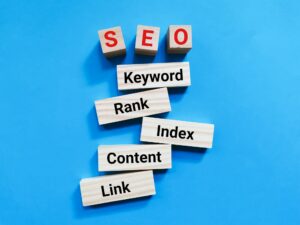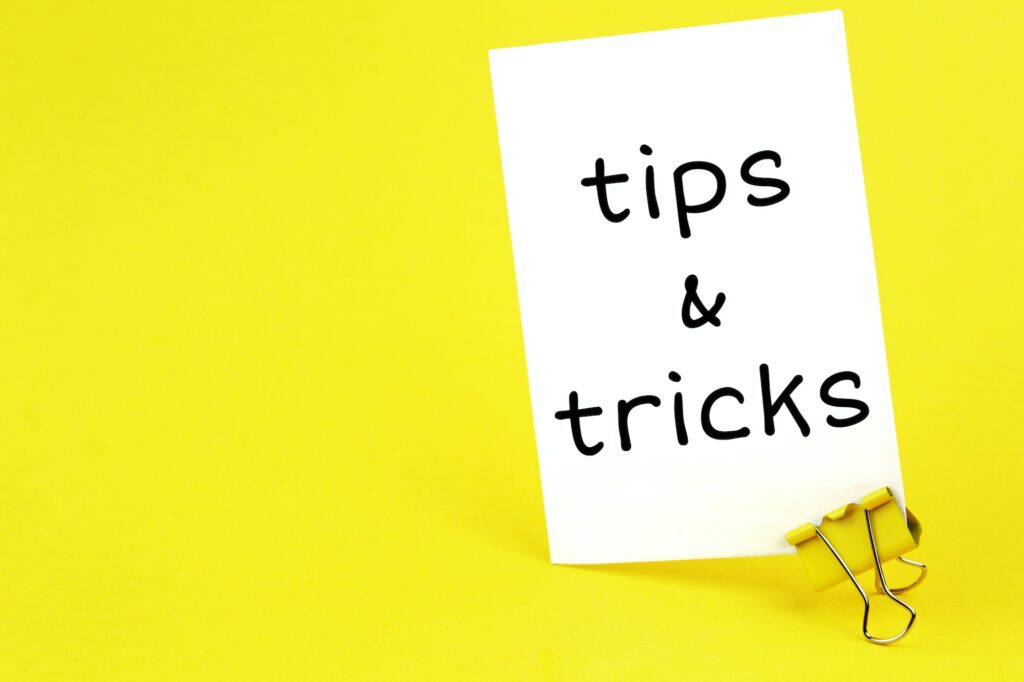13 SEO Tips for Beginners to Optimize your Website
The modern era keeps on producing new techniques on how to keep your game up in the digital marketing world. With lots of SEO tips for beginners you can find over the internet, here are some fundamental principles that you should not overlook.
Remove Anything that Slows Down Your Site
Your website’s load speed is crucial when it comes to SEO. While in the past, a slow-loading page is okay, in our fast-paced world today, it’s not just acceptable.
A slow-loading page will annoy and frustrate a user and will discourage them from browsing your site and buy any of your products or services.
A website’s loading speed is also important for search engines. Take note that Google listed site speed as one of their ranking factors, so if your pages are slow, you better fix it up!
To assess your website speed, use Google Page Speed. It will show you what’s causing your page to load slow.
Get rid of non-essential things that slow down your sites like plugins and unnecessary widgets on your sidebar.
Conduct keyword research
Keywords are another vital part of having an SEO-optimized website. These are how people will find you when they search up the internet. Hence, conducting keyword research is important so you know what effective keywords to use and target on your site.
Website SEO optimization depends on the relevant keywords on your website. A good way to start your keyword research is by using an online tool like Google Keyword Planner, SEMrush, Ahrefs, or KeywordsFX. Use these tools to find data about the keywords that are significant to your brand and structure a strategy on how to employ them on your website.
You can use these keywords by including them in your content by writing quality blogs and landing pages, and also including them in your meta tags and photo alt texts.
Target long-tail keywords vs. short-tail keywords
As you dive into keyword research, you’ll have a bunch of keywords you want to incorporate into your website. Now that you understand the importance of keywords, it’s time to understand the difference between long-tail and short-tail keywords.
Basically, short-tail keywords are 1-3 words long. They usually have high search volumes and competition, like “long dresses”, and are harder to rank for. While long-tail keywords are longer and much more specific, like “long dresses to wear for summer”. Phrases like this have lower search volumes and competition, but these are the kinds of keywords a user search for when they are closer to the point of purchase.
Targeting long-tail keywords may only provide you lesser traffic, but the ROI will be higher as you attract your ideal audiences.
Optimize your title tags
Title tags are like headings, they create the first impression and are crucial when you want that impression to last. Your title tags will determine whether a viewer will click through your link, so highly optimized, informative, and attractive titles are a must.
Avoid having click-bait titles and go for something that will describe what your page is about. To make it attractive, create your title with the right amount of spice to get readers both excited and curious to know what your content is about.
Here are useful tools for you to use:
Optimize your meta descriptions
Just like your title tags, make sure to optimize your meta descriptions as well. These are what appear below the title tags in search page results. even if they don’t serve as a ranking factor, you shouldn’t neglect them from your SEO strategy.
Including your keywords in the meta descriptions will help users get a glimpse of your content.

Use keywords in headings and paragraphs
Another SEO tip for beginners is to insert keywords in your headings and paragraphs. Having these target keywords inside your content will help Google determine that your piece of content is relevant to a specific topic. It’s a crucial part of its ranking algorithm.
Include your keywords in your H2 and H3 headings, and your paragraphs like lists and tables, and insert them as naturally as possible. You don’t want to sound spammy and repetitive just for the sake of having your keywords in your content.
Go ahead and Link to Other Websites with Relevant Content
Some may think that linking out to other relevant websites is bad because you’re leading people outside of your page, but it’s quite the contrary.
Link-building is important if you want to get your website to rank on search page results. It’s another ranking factor that Google and other search engines consider.
Link out to trustworthy sites and if they would link back to you, Google will see your site as another authority on that topic.
Read: Tips and Strategies for Strong Link Building
Include keywords in URLs, but keep your URLs simple and readable
Just like the URL to this page, having readable URLs will help search engines acknowledge your page. Include your core keyword and stray away from having a generic numerical URL like digitalSEO.com/article/29845678. URLs like these don’t tell the user what the page is about and will hurt your website in the long run.
Use the Right Keywords in Images
Don’t neglect the images in your website because they are also important in SEO.
When users search up for an image, they also use keywords. So it’s important to keep in mind to always name your images’ alt text with the proper keywords.
Make content optimized for mobile responsiveness.
In today’s generation where almost all of the population own a mobile phone, it just makes sense to optimize your website so that it will be responsive to mobile. Make sure that your content does not look too cluttered and don’t forget to optimize your site loading speed!
Claim your physical address on Google Maps
If your business has a physical store, don’t forget to claim your address on Google Maps.
Complete your Google My Business profile and provide it with immediate information about your company.
When your business is listed on Google My Business, you can gain reviews and tagged photos from your customers which will help make your site even more reliable and authoritative.
Update your Website Consistently
Publish fresh and engaging content on your website to keep it relevant and updated to improve your SEO. This will tip up Google that your site is constantly spewing quality content and will help with your rankings.
I hope you found these SEO tips for beginners helpful. Let these guide you to start optimizing your website for SEO and you’ll be one step closer to making your site rank higher and gain more traffic.

